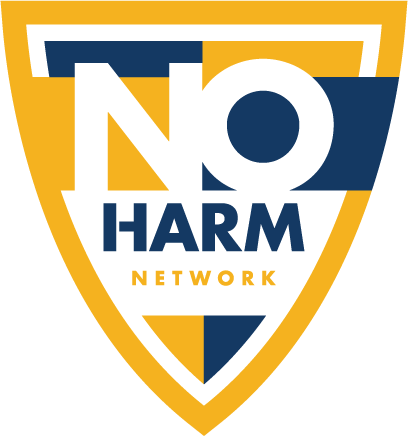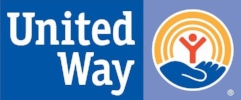10 Things Your Therapist Wishes You Knew: Inside a Therapist’s Mind During Mental Health Awareness Month
/Written by Kate Gilliland, Mental Health Clinician
May is Mental Health Awareness Month, a time to reflect on the importance of mental health and reduce the stigma surrounding it. As a therapist, I have the privilege of witnessing countless courageous individuals walk through my door and begin their healing journey. Yet, there are often things that go unspoken – things I wish my clients knew about the therapy process and how I truly feel about the work we do together. In this blog, I will share a few insights from the therapist’s perspective. From the nerves of the first session to the importance of being honest and vulnerable, here are ten things your therapist wishes you knew – because your healing matters to us as much as it does to you.
1. It’s okay (and normal) to be nervous, especially for the first session. It can be scary to meet anyone new for the first time! We understand that beginning therapy may be overwhelming, and we are here to help in any way we can.
2. We are SO proud of you. From the moment you walk through the door for a session, you have already begun the hard work that is therapy. Keep going – we love to see you succeed!
3. Say the thing that is on your mind. Even if you are afraid that it is weird or that you will “sound crazy”, just say it! It is our job to hold non-judgmental space for you, and we respect the courage it takes to be honest.
4. Tell the joke… yes, we think you are funny! 😊
5. Be brave – bring up the things that bother you (even if it has to do with your therapist or therapy appointments). We understand that, at times, we may need to readjust or tweak things about our relationship or sessions. We appreciate the honesty our clients bring into the room!
6. Share the picture with us in session. It is true, we love to see what your cat, dog, significant other, mom, or best friend looks like! If you want to, go ahead and show us the cool projects you have been working on and the people who make you proud.
7. It is healing to cry. You feel the waterworks coming, you try to hold them back, but it is no use. Crying is not pointless; it is not embarrassing; it is a step in your healing journey, and we are fortunate to share that moment with you.
8. You can share the big, scary things – we will hold the space for you. You do not have to worry about protecting your therapist from the dark moments of your life. We can handle anything you have for us.
9. We love seeing you, too! We smile when we see your name on our schedule and look forward to our appointments with you!
10. We are human. We may have an off day; we may say the wrong thing. We are human too, and while we make mistakes, we will do our best to communicate with you and make it right!
Mental health and its treatment are so important. You may find these statistics surprising, but this is the reality, nonetheless:
1 in 5 U.S. adults experience mental illness each year.
1 in 6 U.S. youth have a mental health condition.
50% of all lifetimes mental illnesses begin by age 14, and 75% by age 24.
Suicide is the second leading cause of death among youth ages 10-14
In 2023, 20% of all high school students seriously considered suicide
In my field, I am surrounded by incredible people who are brave enough to share their stories and ask for help. Notice the words “brave” and “share” are connected here. Sharing our struggles comes with risk, especially if we feel we are the only ones experiencing difficulties. That is why it is so important to normalize conversations surrounding mental health. Yes, these topics may be daunting to approach; you may feel you do not have the right words to say. That is okay. The first step in normalizing these conversations is the willingness to listen.
If you or someone you know is struggling with their mental health, do not be afraid to ask for help. Search for local therapists in your area and schedule an appointment or call to ask any questions you may have. In case of emergencies, be sure to contact the suicide hotline at 988 or dial 911.
https://www.samhsa.gov/data/sites/default/files/reports/rpt39443/2021NSDUHFFRRev010323.pdf
https://pubmed.ncbi.nlm.nih.gov/15939837/










